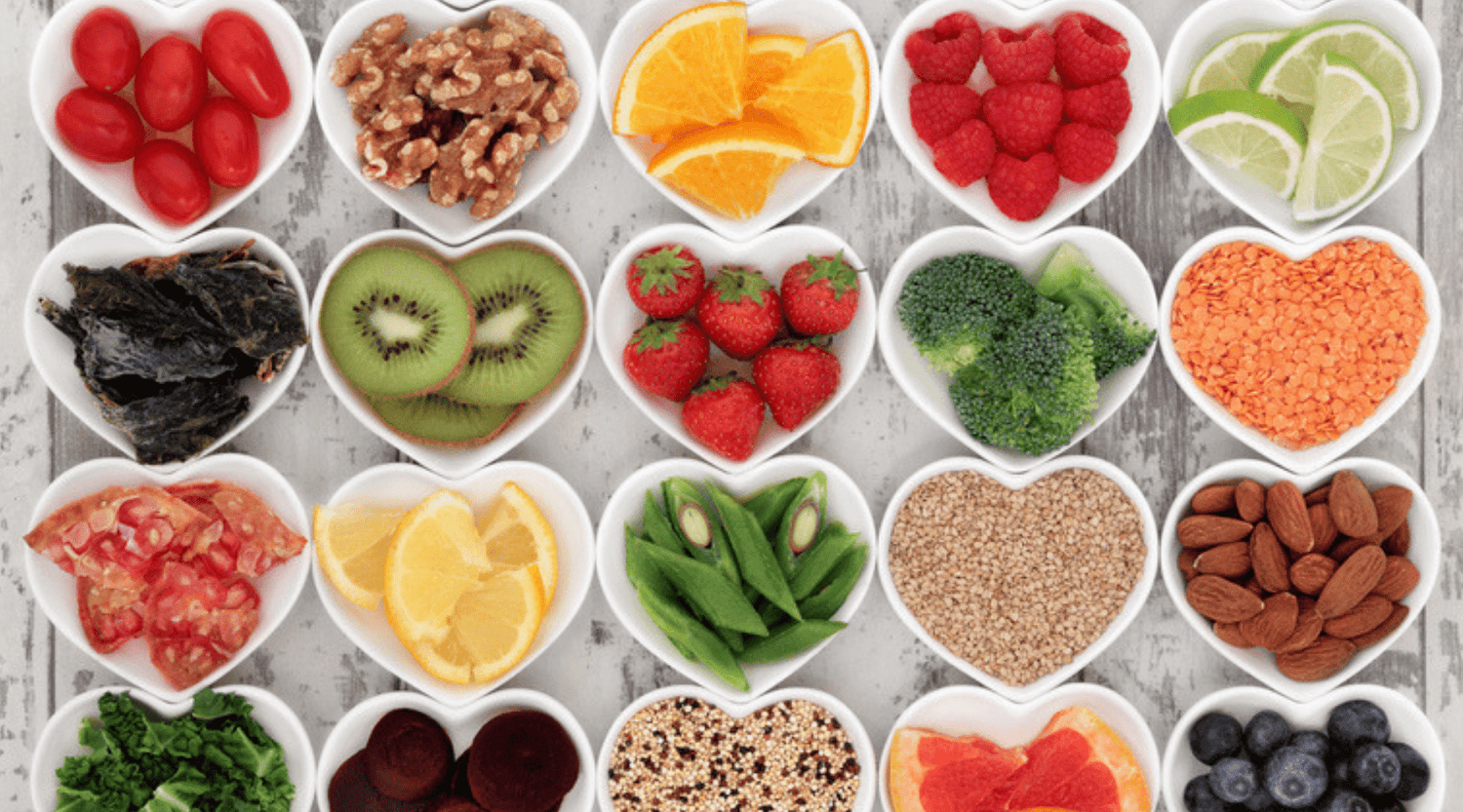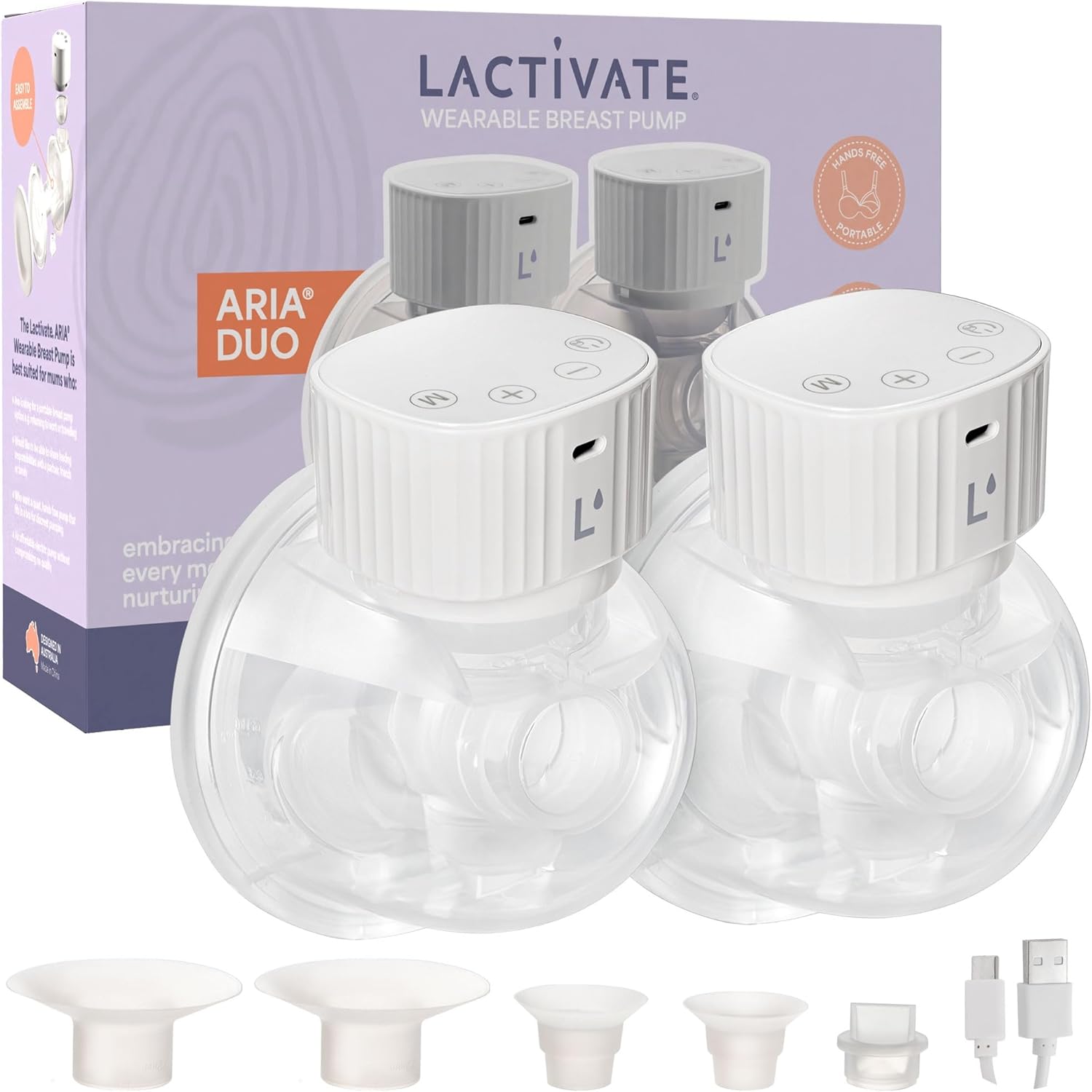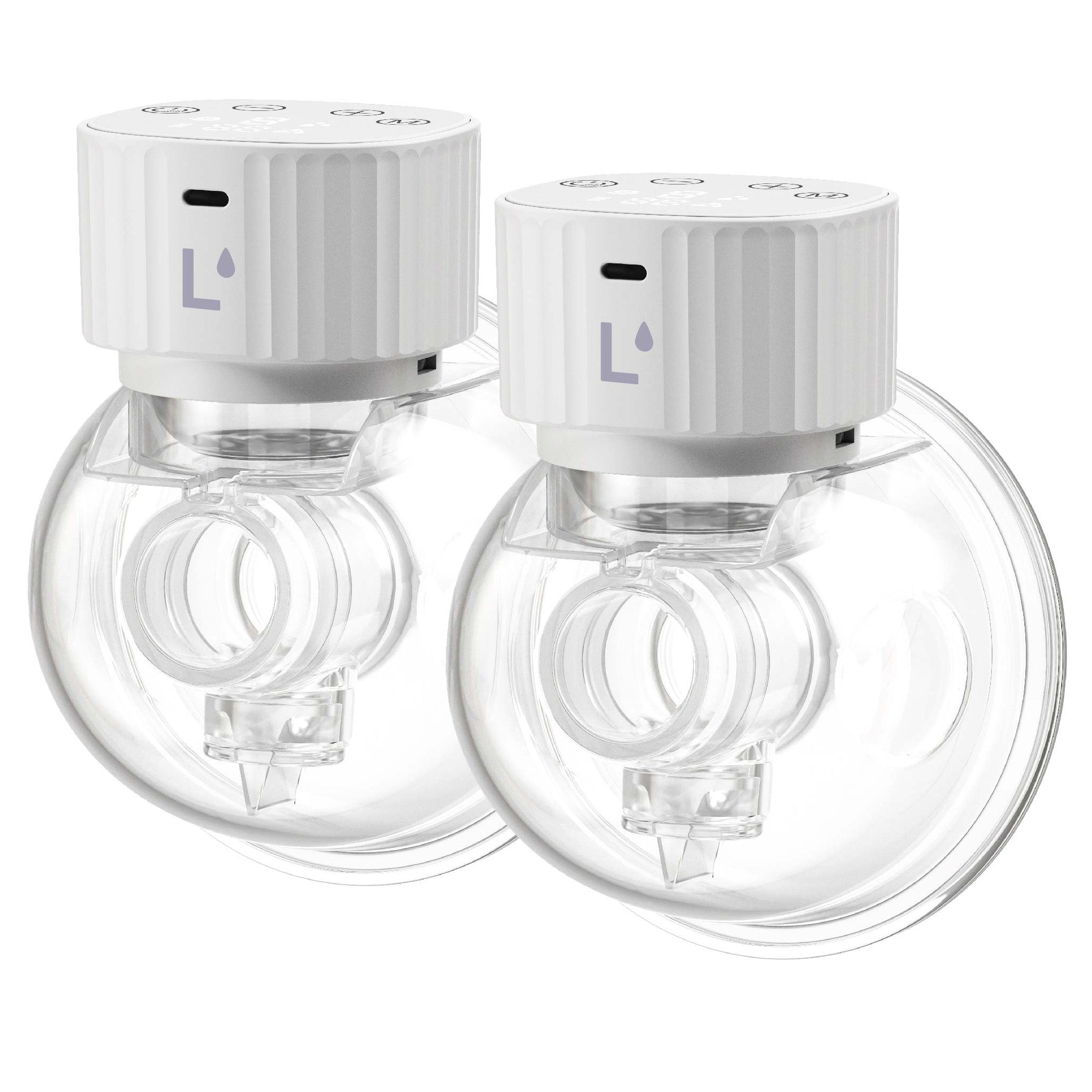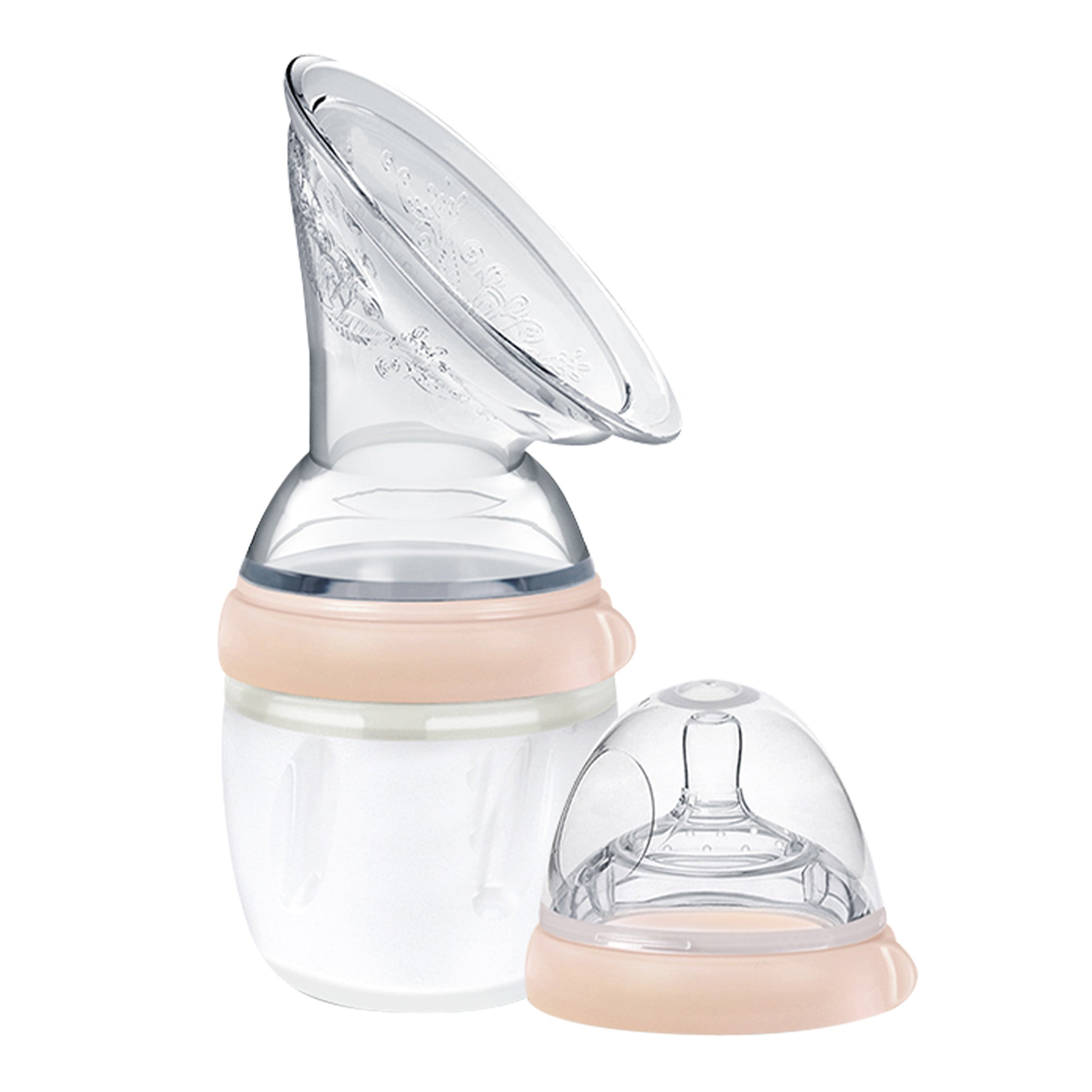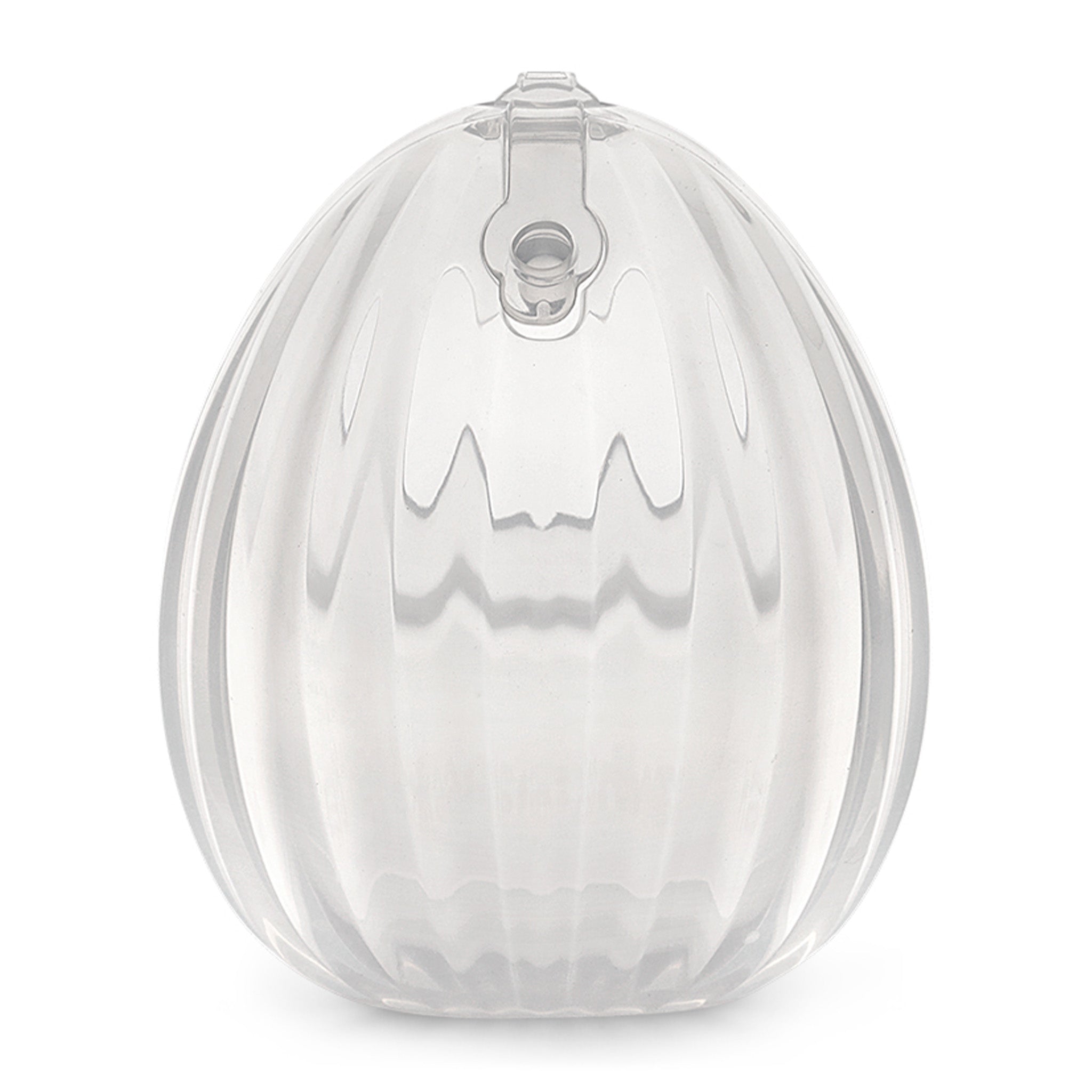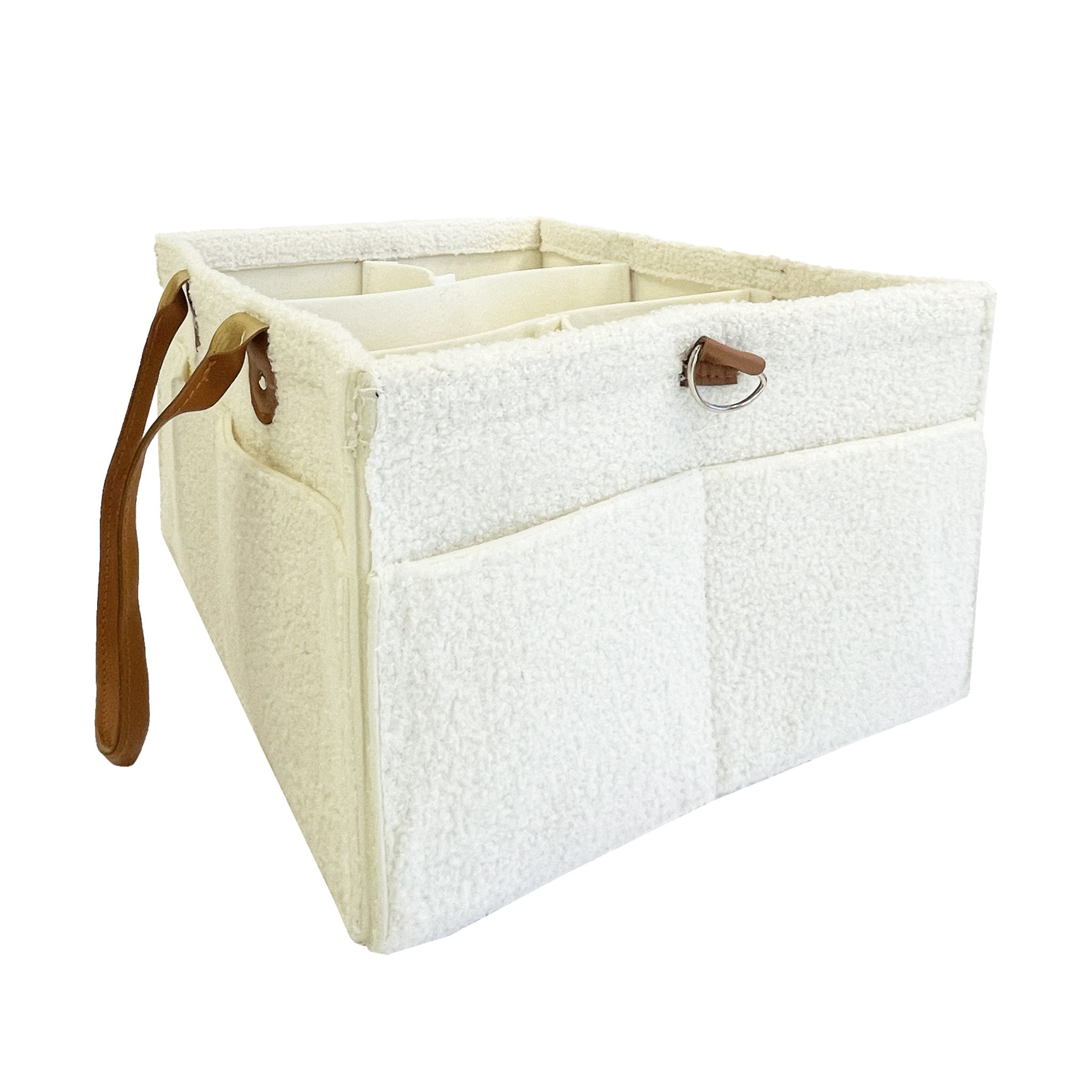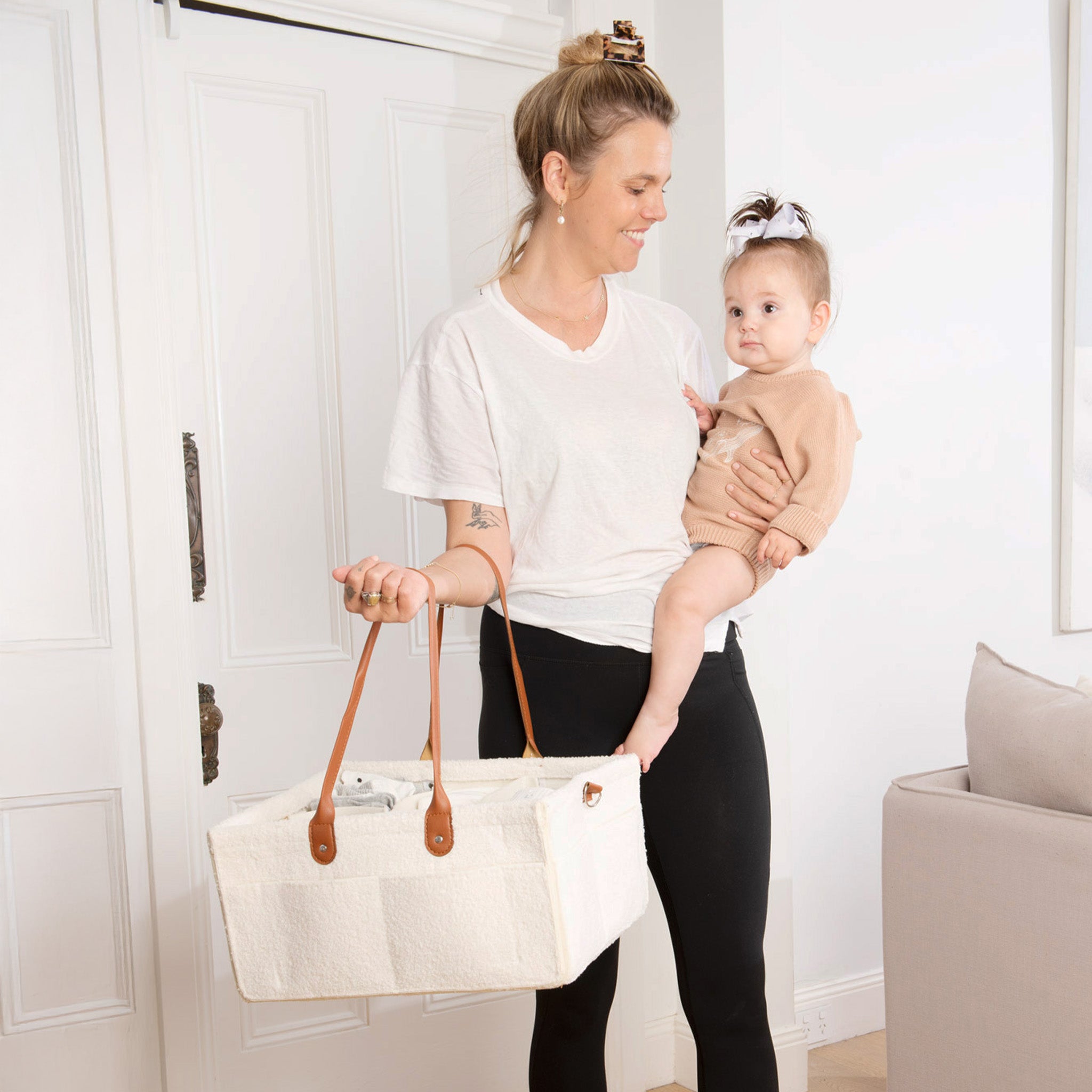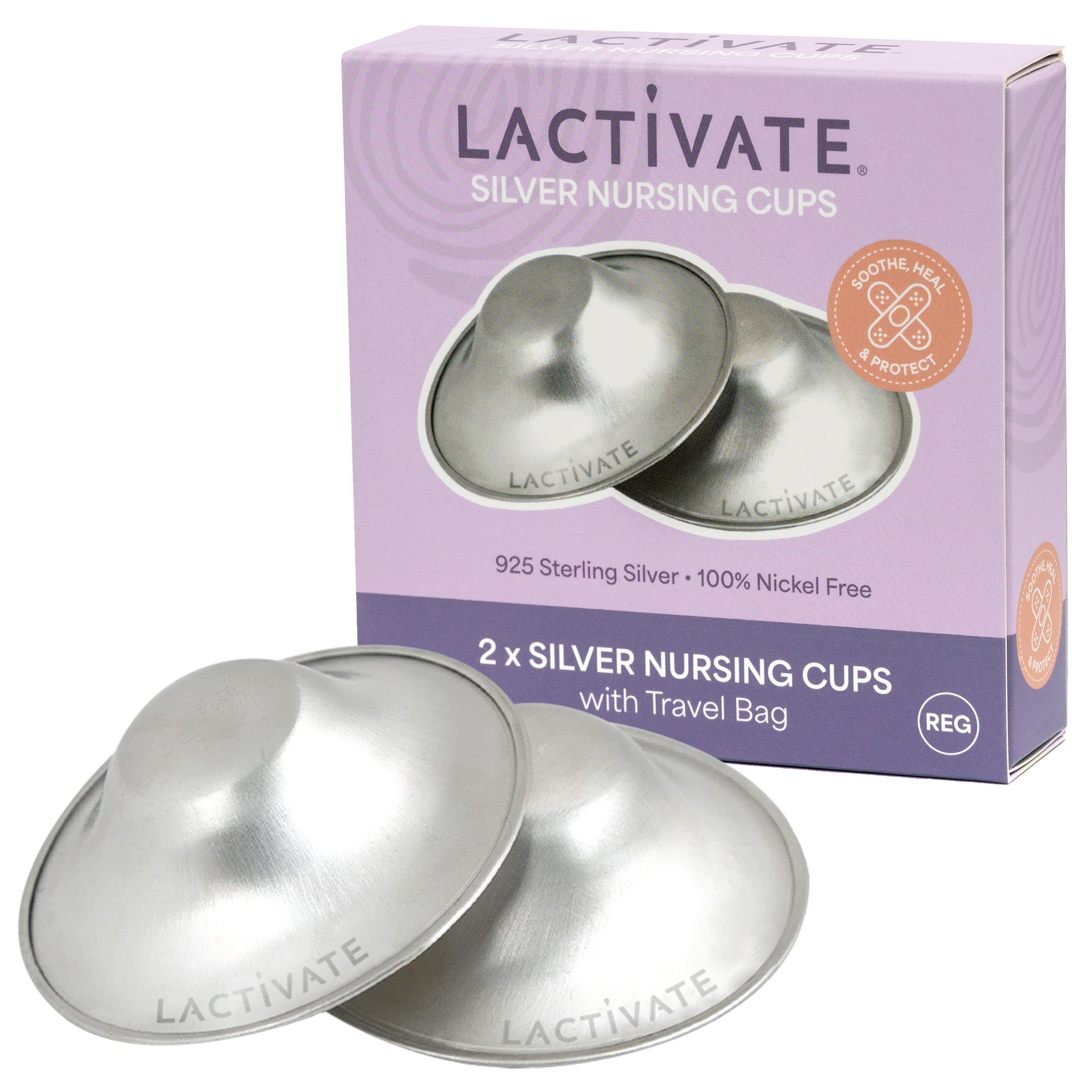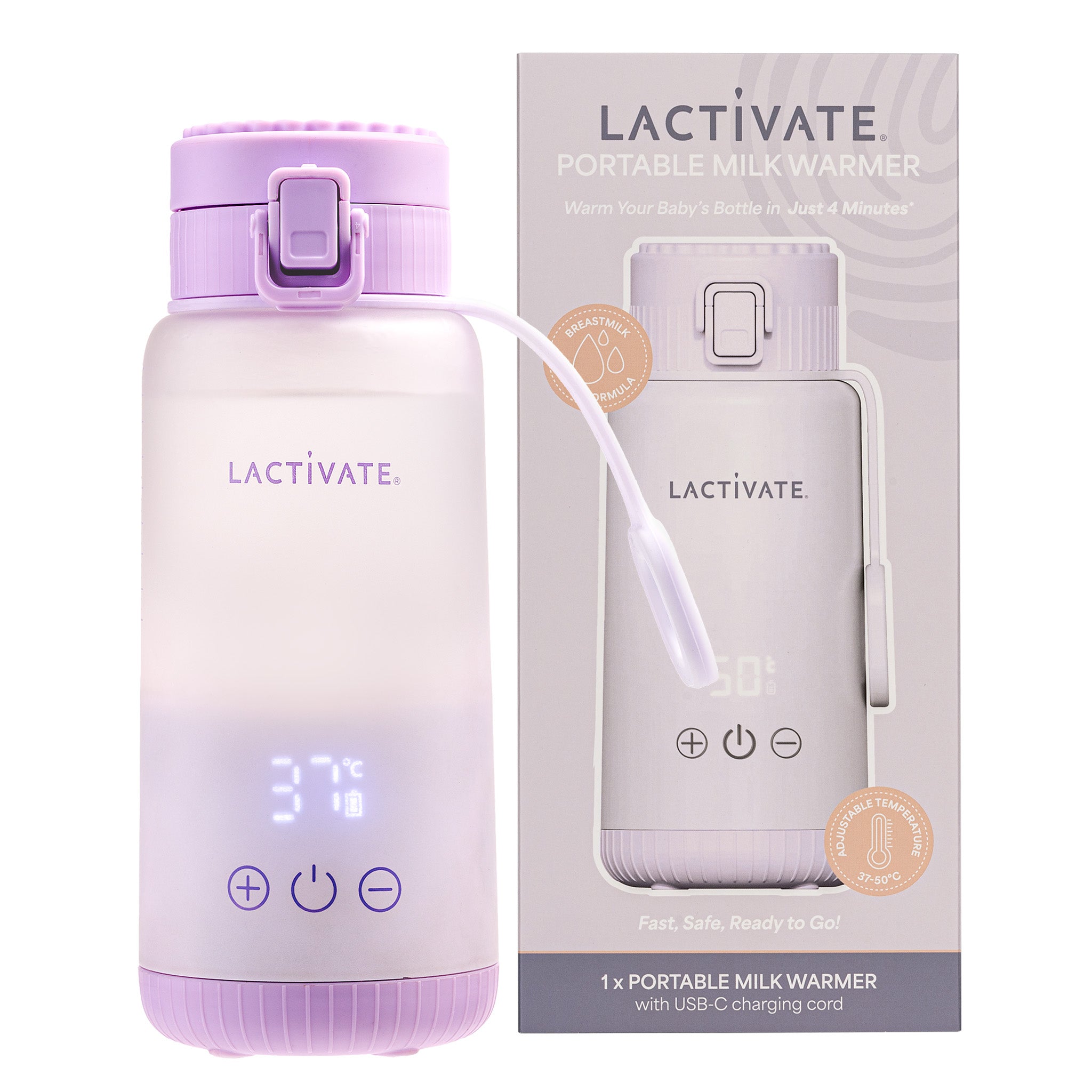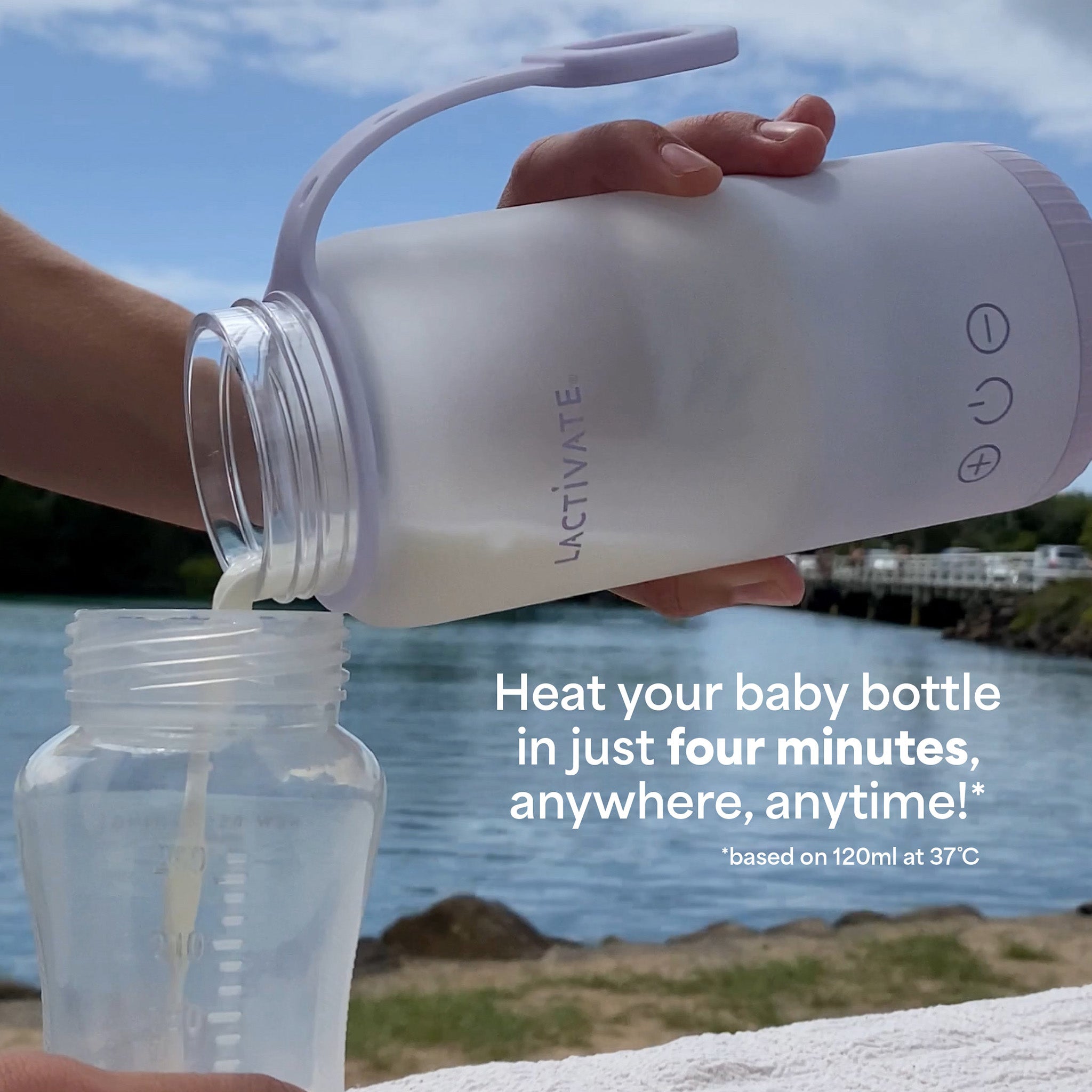Breastmilk is a whole food source that provides infants with complete nutrition for the first six months of life. It provides all the goodness, vitamins, minerals and antibodies that babies need in order to thrive and develop. It is the ‘white gold’ of human nourishment.
Babies are born without the necessary antibodies to protect them from a variety of diseases and infections that can have devastating effects on their underdeveloped little systems. It takes approximately three days for your breastmilk to come in after birth and during that time you produce clear whitish liquid called colostrum. This imparts immediate antibodies to your newborn and helps protect them after they leave the safety of your womb.
This is also why babies initially lose a little weight after birth as they wait for the fatty sustenance of breastmilk. They are born with the fat stores to sustain them during this time and will begin to regain the lost weight once the milk comes in. Your baby will be monitored closely after birth to ensure that they are gaining weight.
Megan from Penrith is one of the rare women who genetically cannot produce enough milk. She says, “Expressing to stimulate has been really hard and I now feed Sophie every second feed with formula because she wasn't putting on weight. All she did was cry, even though she was on the boob for an hour plus.”
If babies are born prematurely or are having difficulty sucking then expressing the colostrum and giving it to your baby in a bottle or on a spoon still imparts that immediate protection.
This was the case for Sydney mum Ally, who had problems with her son attaching from birth. “I think it had to do with being given medication during labour and Lucas was born lethargic. I had to express and use a bottle from the beginning.”
The longer you can breastfeed or express breastmilk for your baby, the more they will benefit from this quality food source. Recent research suggests that there are no specific ‘benefits’ to breastfeeding however there is a lowered incidence of SIDS, gastrointestinal upsets, ear infections and respiratory illnesses; the longer you breastfeed, the more the risks decrease.*
Sydney mum Elisa struggled to breastfeed her son Oscar due to his severe reflux. She remembers, “When you pump they're getting the goodness and you allay some of the dreaded 'mum guilt' which society puts on mums who give formula. Also if baby won't breastfeed for whatever reason you can still give them the goods without resorting to formula if you don't want to.”
The World Health Organization recommends that all babies be exclusively breastfed for six months, then gradually introduced to appropriate family foods after six months while continuing to breastfeed for two years or beyond.
This is not to say that supplement feeding or exclusive formula feeding is in any way detrimental to your child. As a mother you have to make decisions and choices that best suit your body, your baby, your family and your lifestyle and nobody has the right to make you feel guilty about this.
However, The Australian Breastfeeding Association states, “Breastmilk contains a perfectly balanced ratio of food and water to meet all your baby's needs. It is a living fluid, ever-changing to suit your baby and even in response to the weather! The first milk your baby gets from a full breast has a low fat content and naturally quenches baby's thirst. Once the let-down has occurred, the fat content of the milk gradually increases as the breast softens. This later milk has a creamier appearance and satisfies baby's hunger.”
This makes breastmilk the ideal and perfectly balanced nutritional choice for babies while also providing valuable protection from viruses and bacteria.
*ABA: https://www.breastfeeding.asn.au/bfinfo/health-outcomes-associated-infant-feeding
A big thank you to the mums mentioned above who shared their difficult experiences with me.
We’d love to hear from you so add your own thoughts and experiences in the comments section below.

